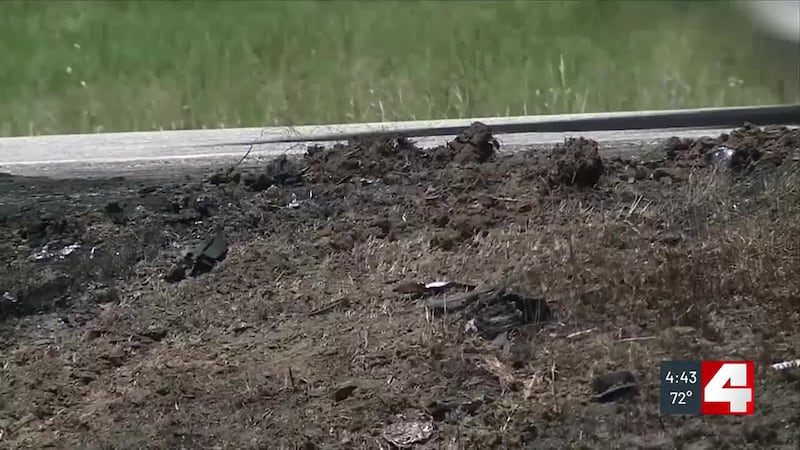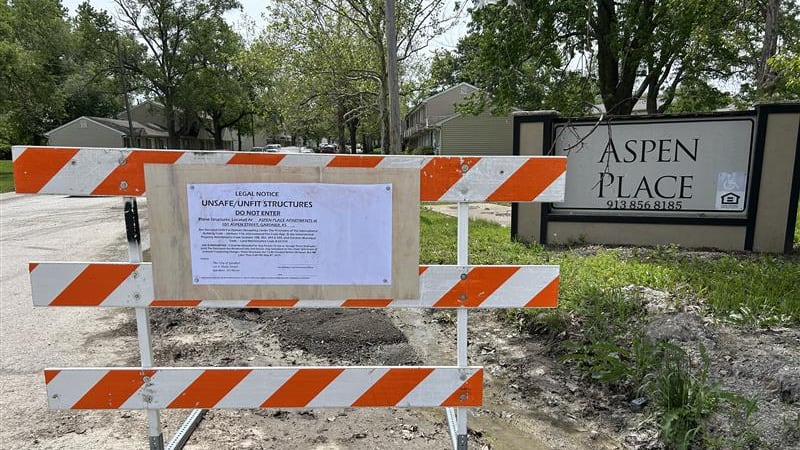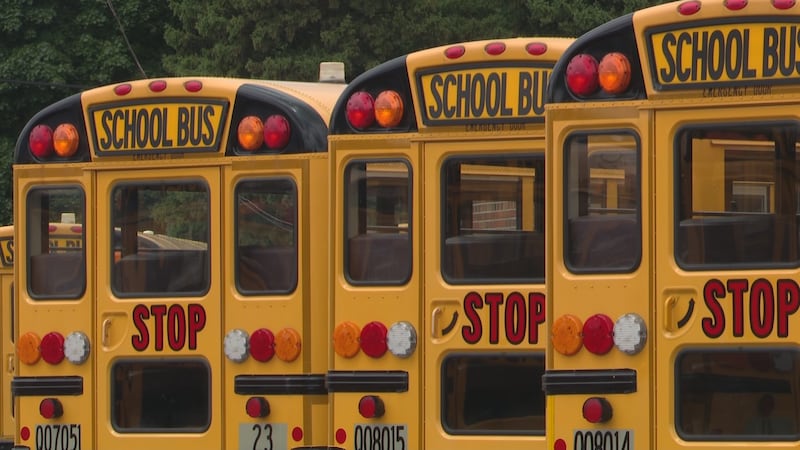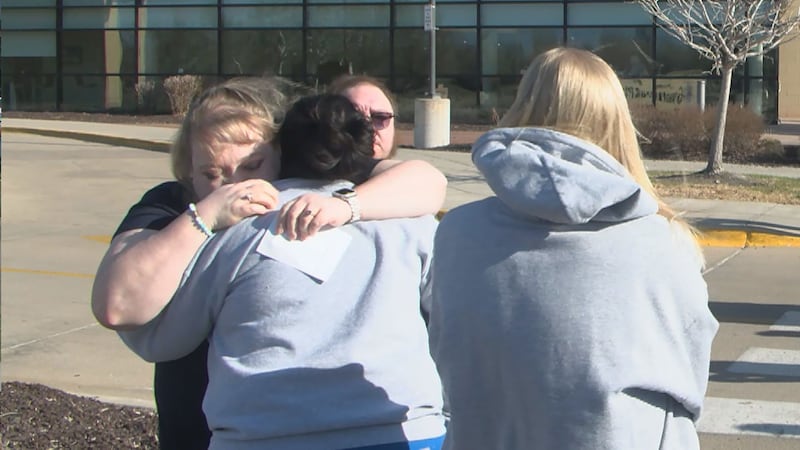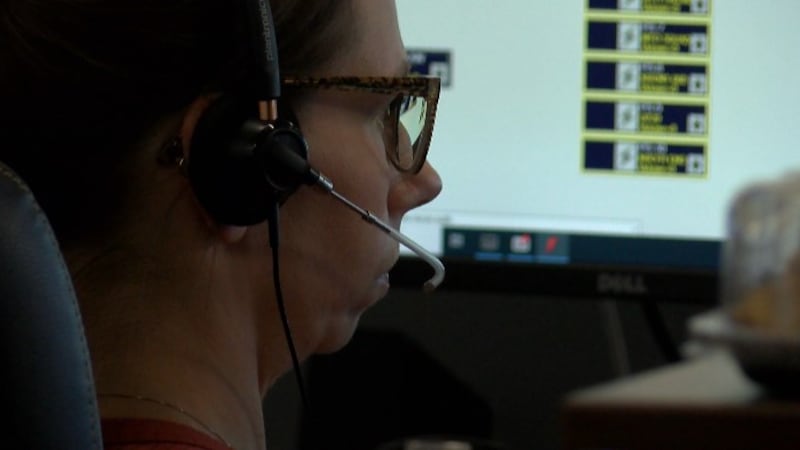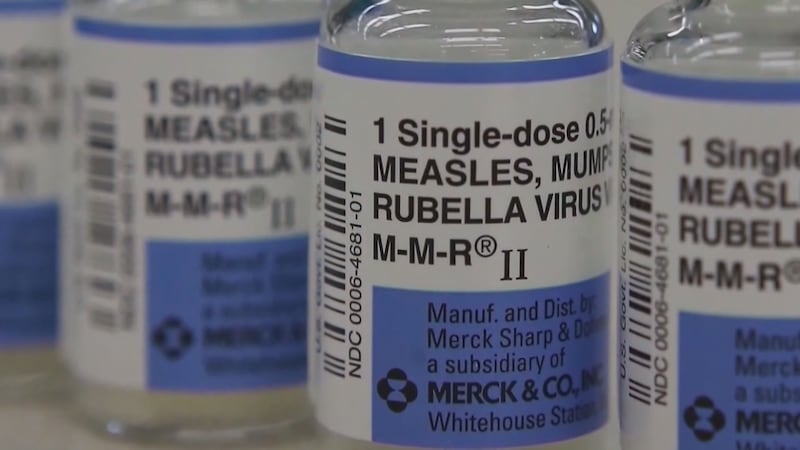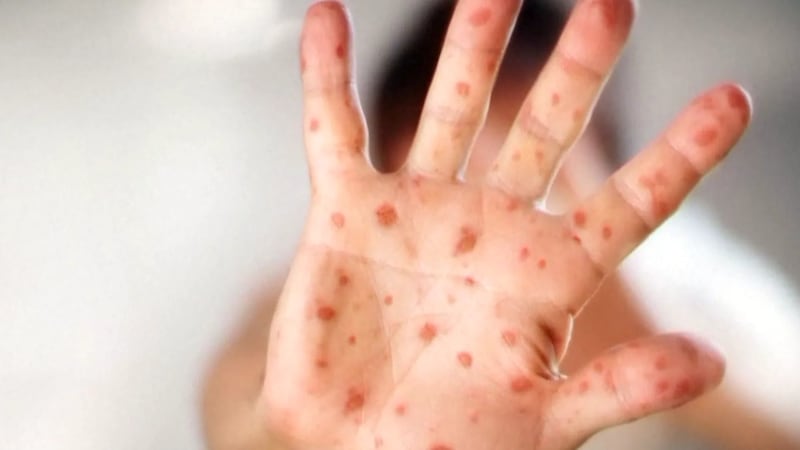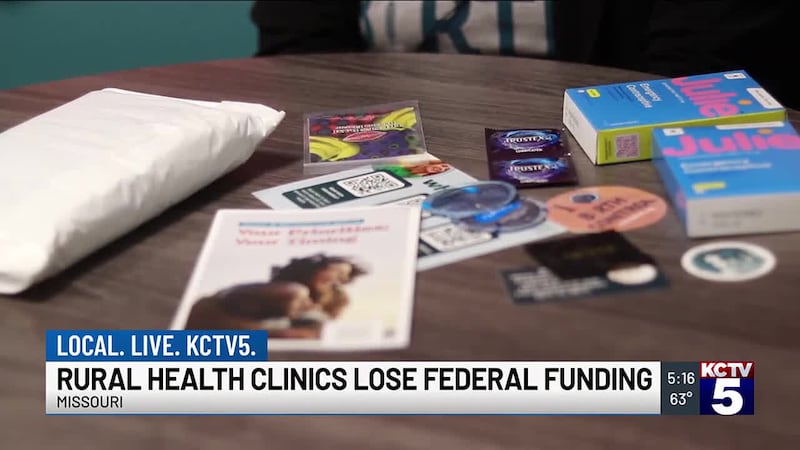Report finds access to maternal healthcare continues to dwindle in Kansas
KANSAS CITY, Kan. (KCTV) - A recent report has found that women who need maternal healthcare the most now have to drive the longest distances to find a provider.
The University of Kansas School of Nursing announced on Thursday, May 8, that the maternal-care desert in Kansas continues to grow as more women are forced to drive long distances for care. Around 59% of women were found not to have access to local inpatient maternity services according to a newly released report.
Researchers noted that the report describes and defines issues that surround the availability of care for expecting mothers in Kansas. Over the last decade, many rural hospitals have closed or stopped offering maternity services altogether.
The report found that Kansas is second only to Texas in terms of the number of counties considered rural. Hospitals in these counties are at an increased risk of closure due to a decline in patients, high fixed costs and market pressures.
“Kansas legislators, health care systems, foundations, professional organizations and educational institutions are all working hard to address the concerns of access to care and the health care workforce,” said Karen Weis, Ph.D., FAAN, dean of KU School of Nursing-Salina and lead author of the report. “Sound data is needed to support these efforts. The Access to Maternal Care in Kansas report is a first step in gathering that data in one central source.”
Researchers indicated that access to quality prenatal care, which includes care during pregnancy and after the birth, is critical to the health of newborns and mothers. Closures of hospitals and maternity services are linked with more premature infants who are admitted to neonatal intensive care units and more women who die during pregnancy or birth.
The report outlined the number of women of reproductive age, the facilities that offer prenatal care or inpatient maternity care, the availability of referral and high-risk services, and the providers that accept patients and offer prenatal or full prenatal services. It also provided the distances to facilities capable of these services.
According to the report, based on data from 2022-2024, more women in the Sunflower State have to travel up to 60 miles for low-risk care, particularly in the central and southwest parts of the state. Around 59% of women do not have access locally to inpatient maternity care.
The report also found that the availability of services for women with high-risk pregnancies is extremely limited. Close to 30% of Kansas ZIP codes are more than 100 miles away from high-risk services. Meanwhile, 42 counties are without any documented anesthesia providers, and most of those are on the western side of the state.
Researchers noted that the counties with the highest birth rates in Kansas are the ones that continue to lose access to maternity care services. Rural counties had higher birth rates than urban ones: 67 to 61 per 1,000 women of reproductive age.
“To me, the biggest surprise in the report is the two counties in western Kansas with the highest birth rates,” said Weis. “Neither of these counties, Wallace and Grant, have a health care system offering maternity care. The distance to inpatient maternity care for those residing in each county is approximately 50 miles and 24 miles, respectively.”
The report provided information that clarified the unrecognized cost of providing maternal healthcare, which requires the presence of multi-disciplinary teams 24/7. The vast majority of rural hospitals are reimbursed through Medicare, which does not cover the high cost of providing maternity care.
“These data paint a stark picture of the current landscape of access to maternal health. The data also emphasize the critical importance of addressing this challenge before it gets worse, as well as recognizing that the location of services is one piece of the puzzle,” said David Jordan, MPA, president and chief executive officer of United Methodist Health Ministry Fund, which is based in Hutchinson, Kansas. “We need to figure out solutions to complete the puzzle in order to provide women, children and families across the state with better access to the services they need to thrive.”
University leaders noted that the report, Access to Maternity Care in Kansas, was produced in collaboration with the Kansas Center for Rural Health and funds from the United Methodist Health Ministry Fund.
For more information or to read the full report, click HERE.
Copyright 2025 KCTV. All rights reserved.
